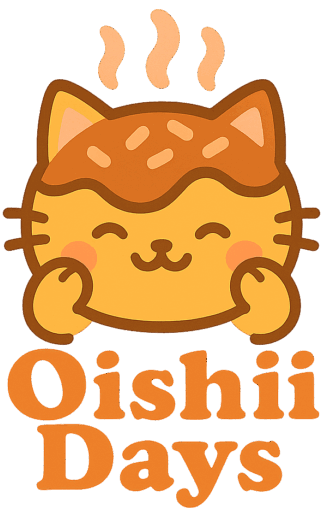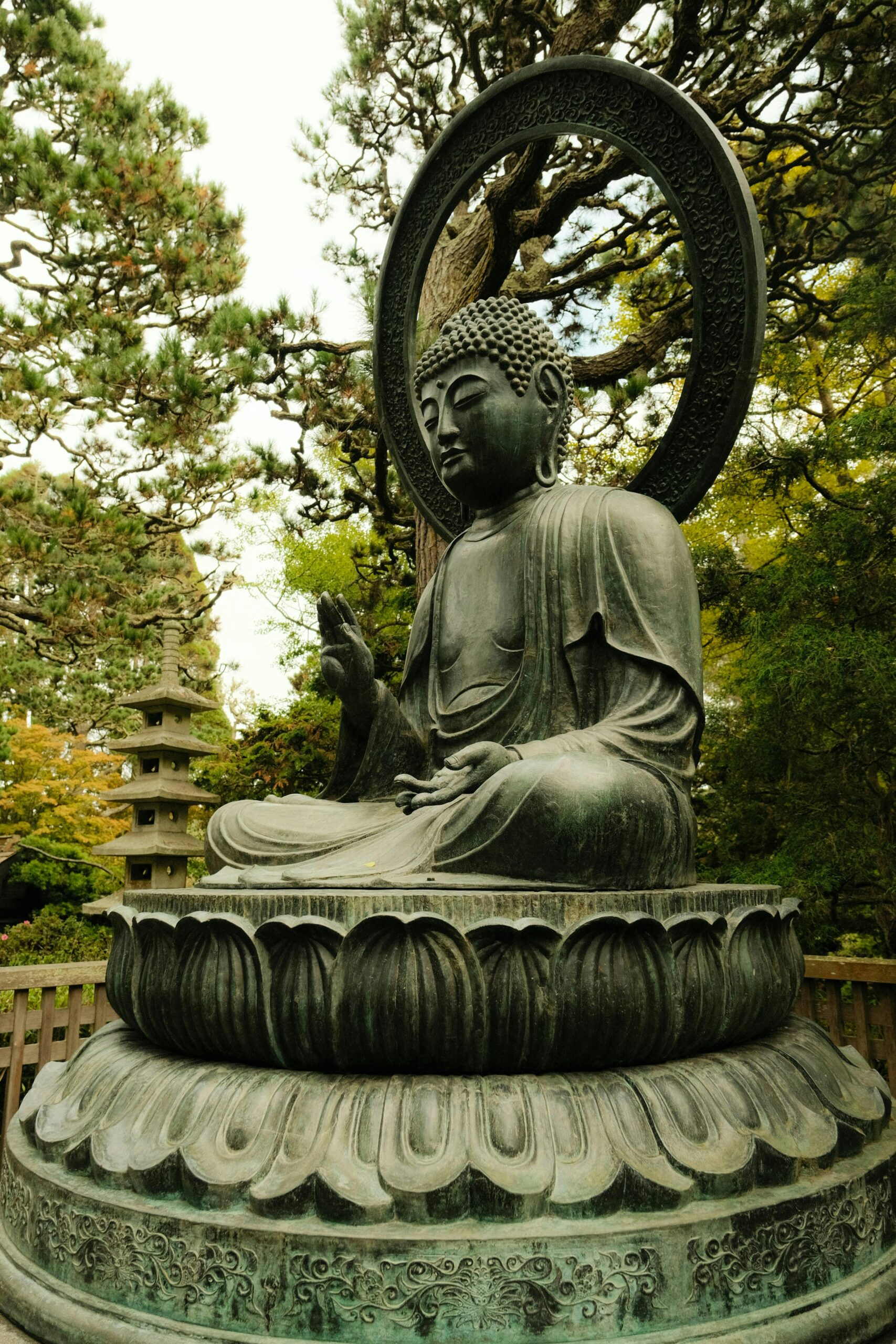If you live in Japan long enough, there’s one phrase you’ll hear all the time:
お世話になっております。
Osewa ni natte orimasu.
It’s polite, humble, and somehow appears in every kind of conversation — from business calls to thank-you messages, even when you’re not sure who’s taking care of whom.
When I first heard my husband say this to someone on the phone, I paused.
He wasn’t talking to a doctor or a relative — he was speaking to my boss on my behalf!
So I asked, “Wait… why did you say thank you for taking care of me?”
That’s when I learned: in Japan, this phrase isn’t about physical care — it’s about relationships.
What “Osewa ni natte orimasu” Really Means
Let’s break it down:
- お世話 (osewa) = help, assistance, care
- になっております (ni natte orimasu) = humble form of “to be receiving”
Literally, it means:
“I am receiving your care.”
But the real meaning is closer to:
“Thank you for your continued support.”
“I appreciate your kindness.”
“We’re connected — and I’m grateful for it.”
It’s like the Japanese way of saying, “I see what you do for me, even quietly, and I appreciate it.”
At Work — The Business Lifeline
If you work in Japan or send professional emails, you’ll notice osewa ni natte orimasu at the very top — every single time. It’s the polite warm-up before the actual message begins.
Example (email):
いつもお世話になっております。オイシーデイズのジェネビーブです。
Itsumo osewa ni natte orimasu. Oishii Deizu no Jenevību desu.
“Thank you for your continued support. This is Genevieve from Oishii Days.”
Even if you’re writing to someone for the first time, you can still use it!
It’s like a friendly bow before you speak — showing respect before business.
In Daily Life — Everyday Politeness
You’ll also hear this phrase outside of work, especially when someone helps your family or child.
Example:
いつも娘がお世話になっております。
Itsumo musume ga osewa ni natte orimasu.
“Thank you for always taking care of my daughter.”
Parents say this to teachers, neighbors, or friends’ parents — even if their kids just play together sometimes.
It’s a way of saying, “I appreciate your kindness toward my family.”
That’s the heart of Japanese politeness.
Different Versions & When to Use Them
| Phrase | Romaji | Meaning | Use |
|---|---|---|---|
| お世話になっております | Osewa ni natte orimasu | I appreciate your support | Most common, polite form (work/emails) |
| お世話になっています | Osewa ni natte imasu | I’ve been in your care | Slightly softer, casual-polite |
| お世話になります | Osewa ni narimasu | I’ll be in your care soon | Used before help is given |
| いつもありがとうございます | Itsumo arigatou gozaimasu | Thank you, as always | Friendly and simple |
Example:
明日はよろしくお願いします。お世話になります。
Ashita wa yoroshiku onegai shimasu. Osewa ni narimasu.
“Thank you in advance for your help tomorrow.”
How It Sounds in Real Life
On the phone:
「はい、いつもお世話になっております!」
“Yes, thank you always for your support!”
(You’ll hear this even before they know who’s calling — it’s automatic, like a reflex.)
At the salon or clinic:
「お世話になります〜。」
“Thanks again for your help.”
Casual and warm, perfect for repeat visits.
Whenever you’re unsure what to say politely, just say osewa ni natte orimasu.
It never fails. Think of it as the polite equivalent of a smile.
Cultural Insight
In English, politeness often focuses on please and thank you.
In Japanese, it’s about acknowledging relationships — who supports whom, even in small ways.
That’s why you’ll hear osewa ni natte orimasu so often.
It’s not about one act of help; it’s about the ongoing connection between people.
Japan’s unspoken message is this:
“I see your kindness — and I don’t take it for granted.”

Final Thought
Now, whenever I hear my husband start a phone call with,
「いつもお世話になっております。」
I can’t help but smile.
Because it’s more than formality — it’s a small act of respect, one phrase at a time, that keeps Japanese society flowing so gracefully.
So next time you want to sound extra polite (and a bit like a native), try saying:
お世話になっております。
It’s the magic key that opens every polite conversation in Japan.

